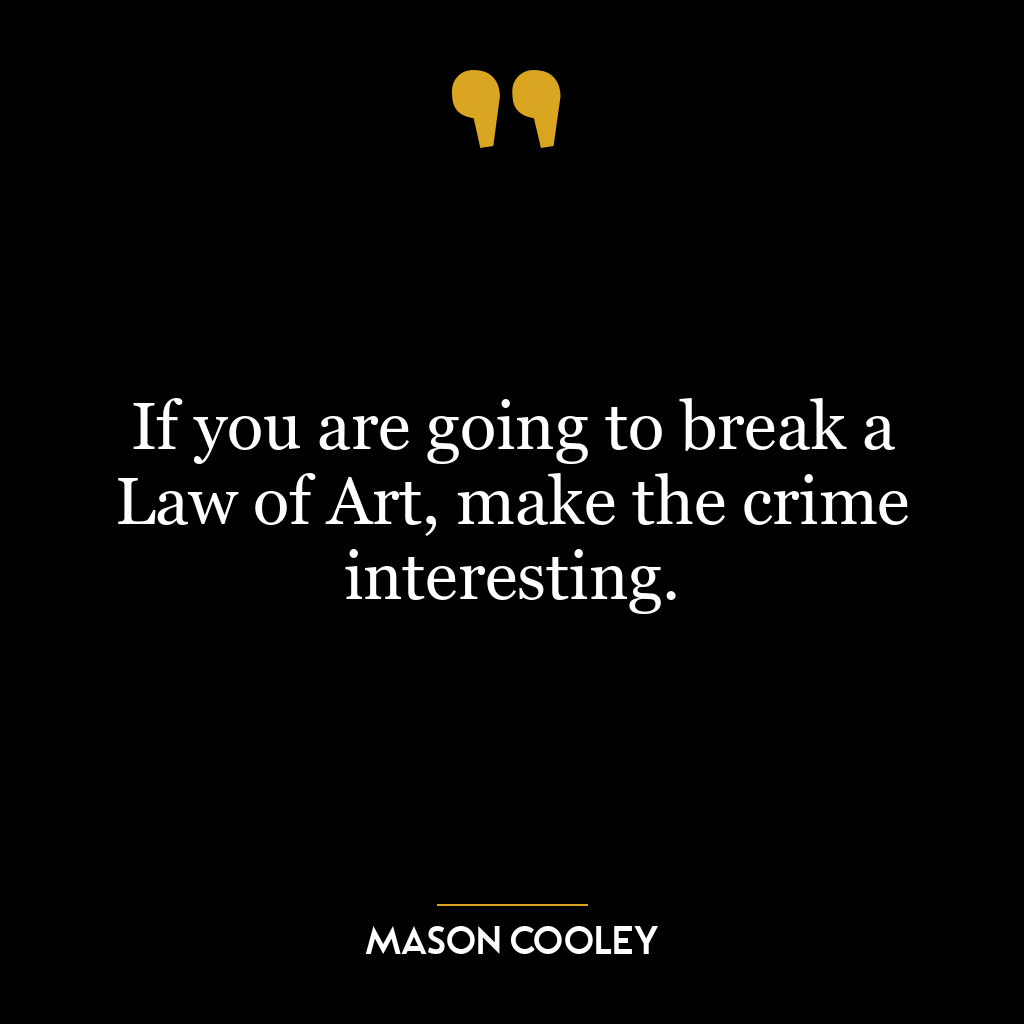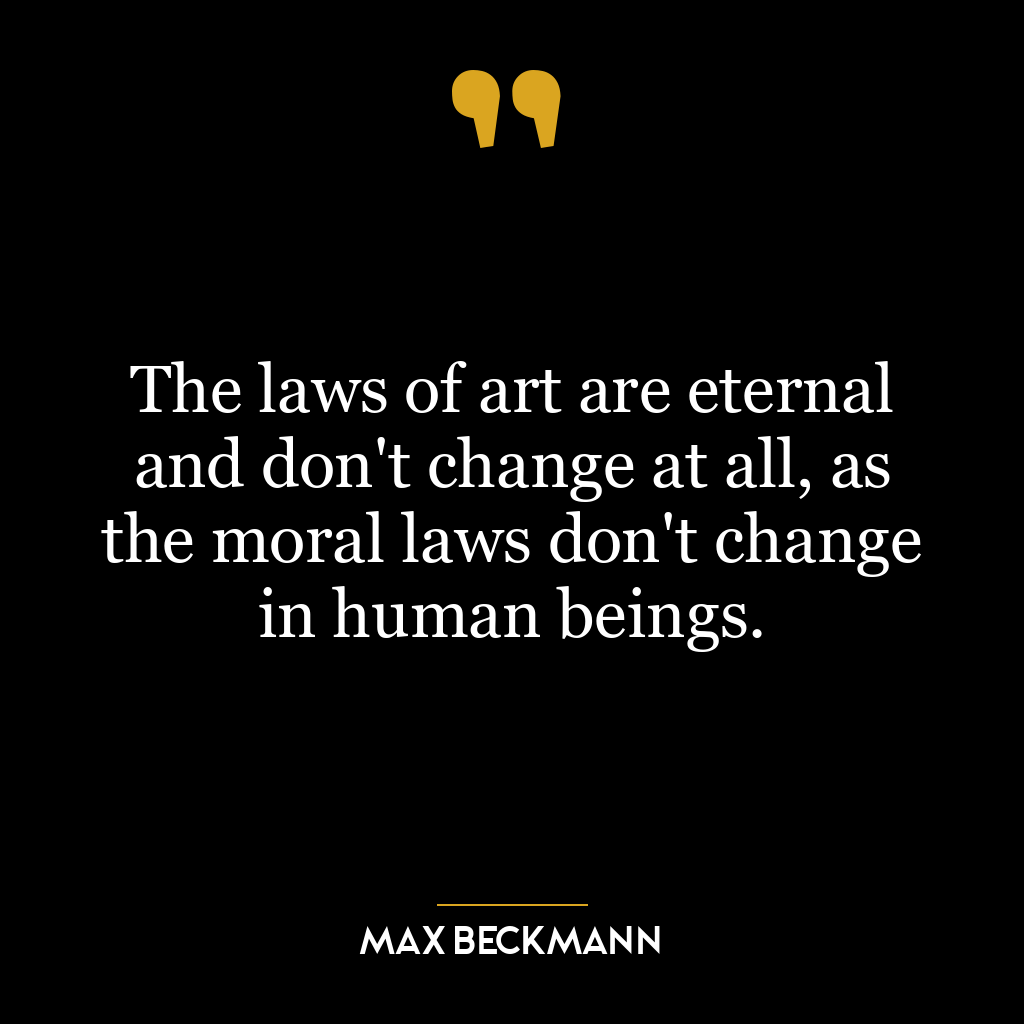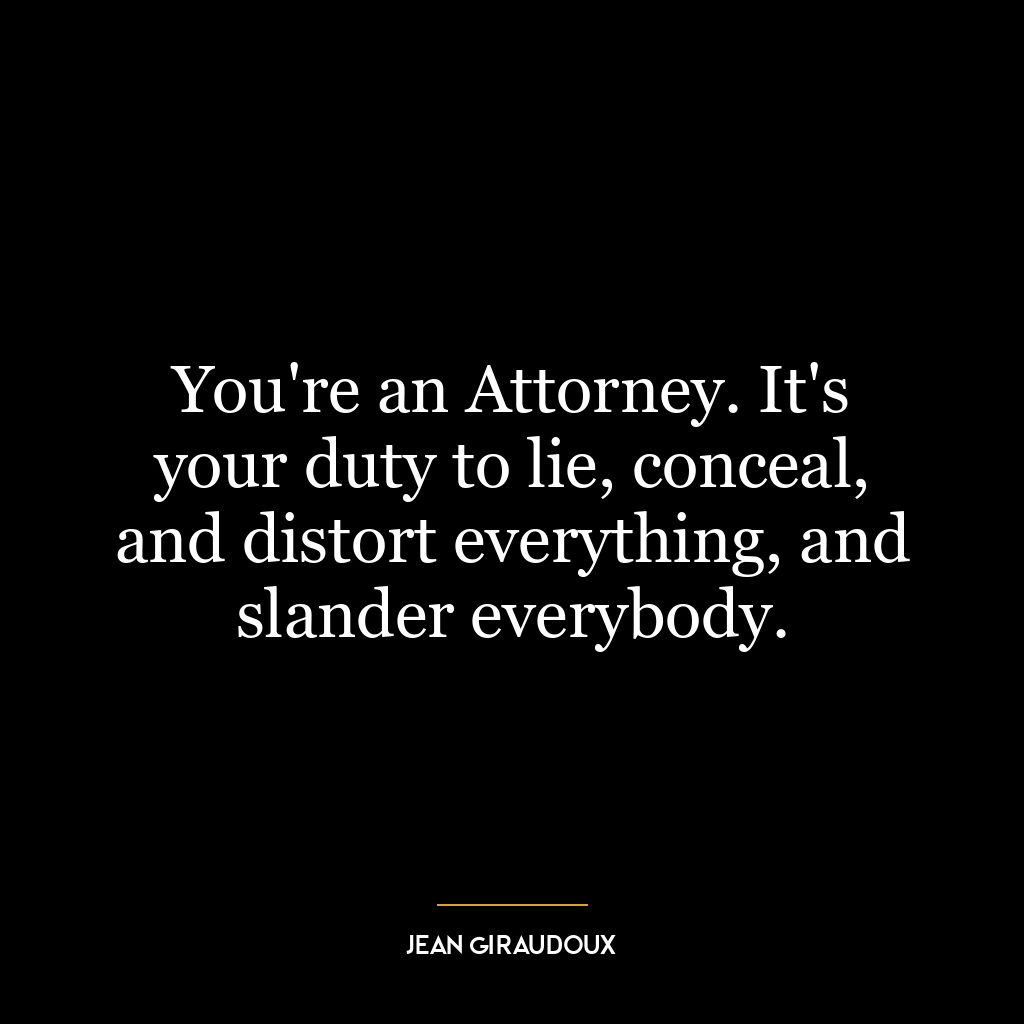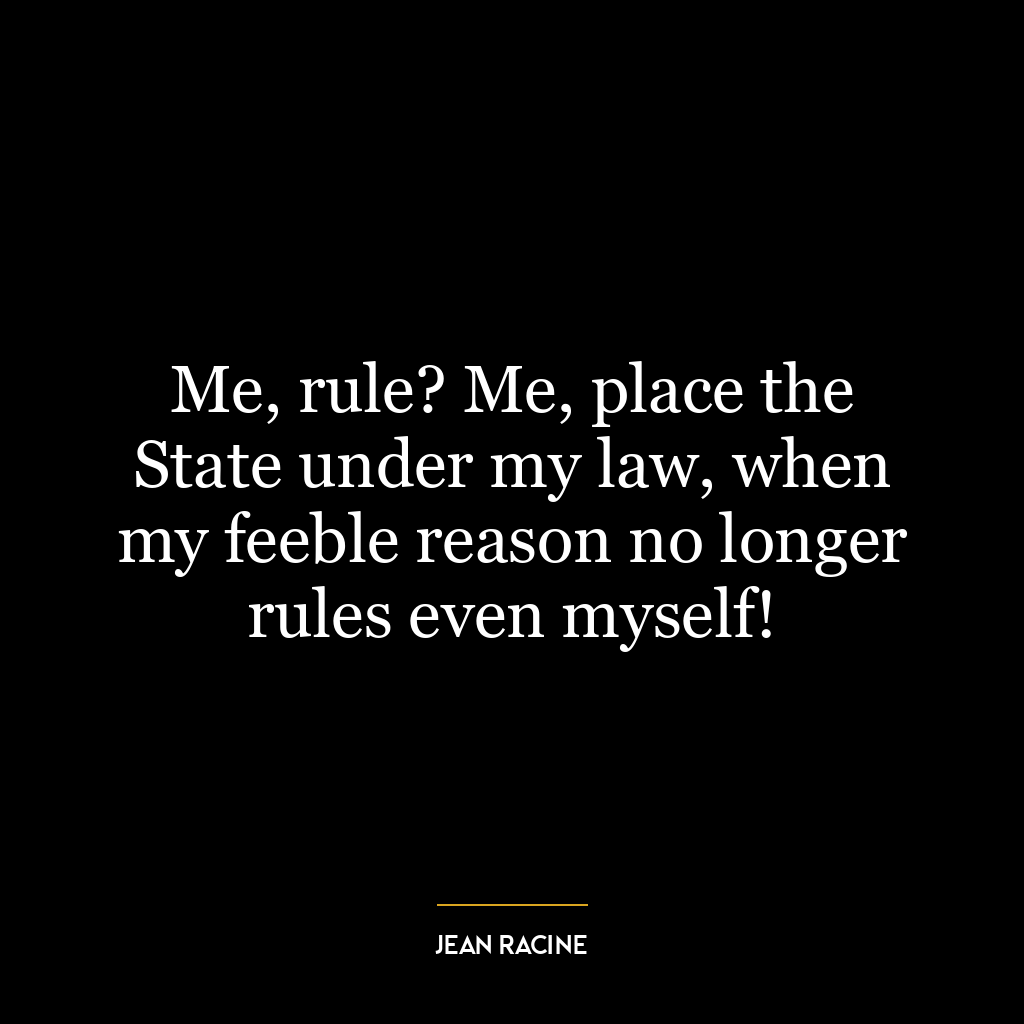The quote “I understand that it is a maxim of law, that a poor plea may be a good plea to a bad declaration” essentially refers to the idea that even a weak argument or defense can be effective if it’s responding to a poorly presented accusation or claim.
In legal terms, a ‘plea’ is a defendant’s answer to a legal declaration or charge, while a ‘declaration’ is a formal statement or announcement. So, Lincoln is saying that even if a defendant’s plea isn’t particularly strong or convincing, it can still be successful if the accusation or charge they’re responding to is badly presented or lacks evidence.
This concept can be applied in various aspects of today’s world. For example, in a debate or discussion, if someone makes a weak argument, you don’t necessarily need a strong counter-argument to refute it. Even a simple or basic counter-argument may suffice if the original argument was poorly constructed or unsupported by evidence.
In terms of personal development, this quote can be seen as a reminder that success doesn’t always require us to be the best or most convincing. Sometimes, it’s enough to simply be better than the alternatives. It emphasizes the importance of being prepared and presenting our ideas or arguments in a clear, well-structured manner. Even if our ideas or skills aren’t perfect, they can still be effective if they’re better than poorly presented or undeveloped alternatives.
Moreover, it also highlights the importance of critical thinking and the ability to identify and exploit weaknesses in other people’s arguments or ideas. This can be particularly useful in situations such as job interviews or competitive environments, where we need to differentiate ourselves from others.













